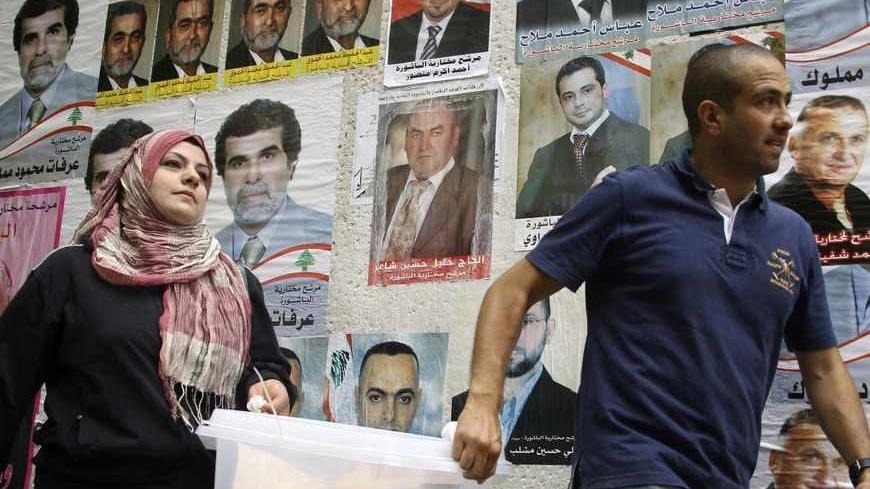It may be important to follow up on the ongoing governmental and parliamentary crises in Beirut. However, it is certainly more important to shed light on the root causes of these crises and their main indications in Lebanon and around the region.
In the latest development regarding the government crisis, Beirut MP (and Prime Minister-designate) Tammam Salam, who is in charge of forming the new government, agreed with the Hariri alliance to which he belongs, and with Druze leader Walid Jumblatt and President Michel Suleiman, to form a government consisting of 24 ministers. The ministers are to be distributed equally: eight for the Suleiman-Salam-Jumblatt triangle, eight for the Hariri alliance and eight for Gen. Michel Aoun’s alliance with Shiite forces. The latter rejected this offer, however, for several reasons:



